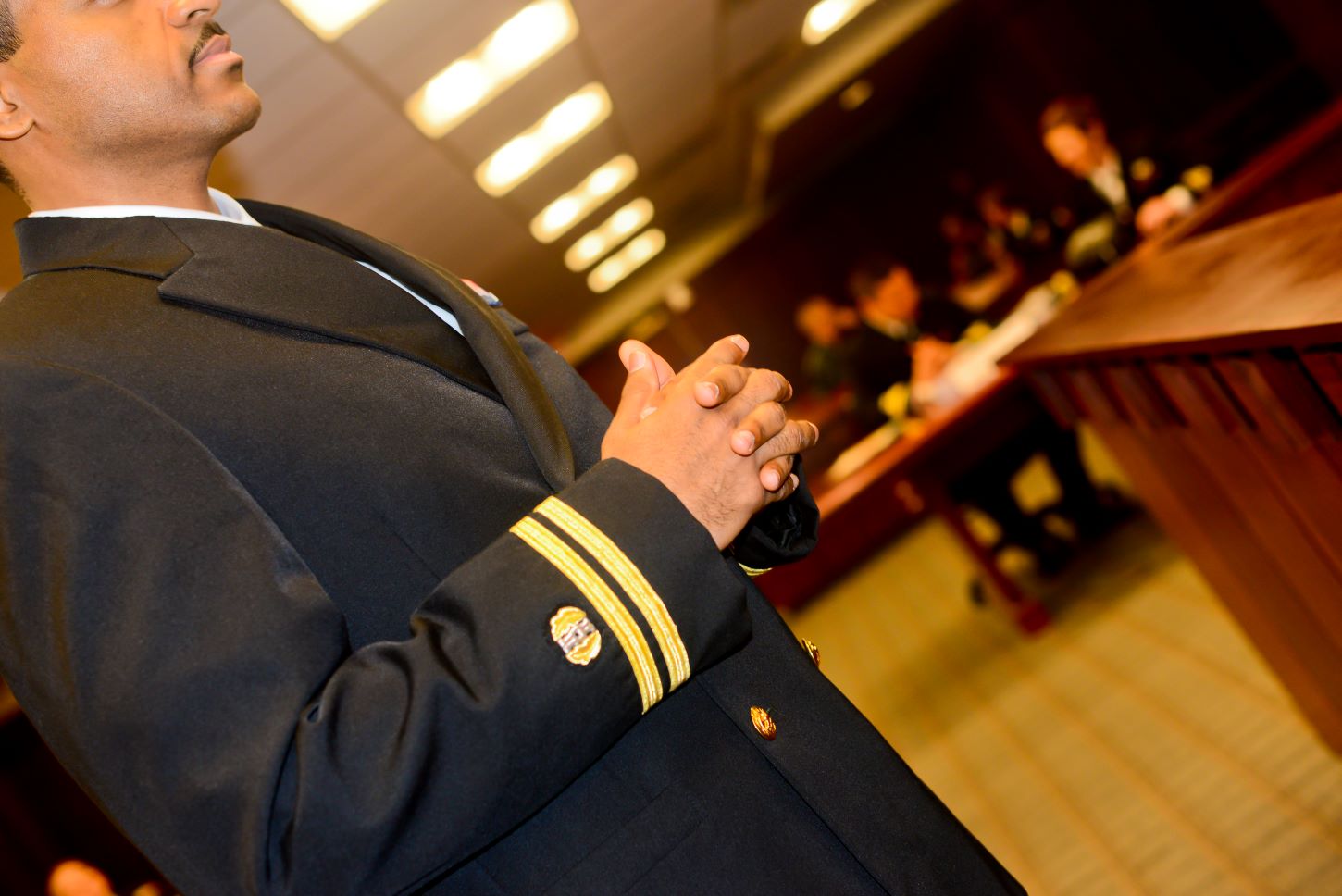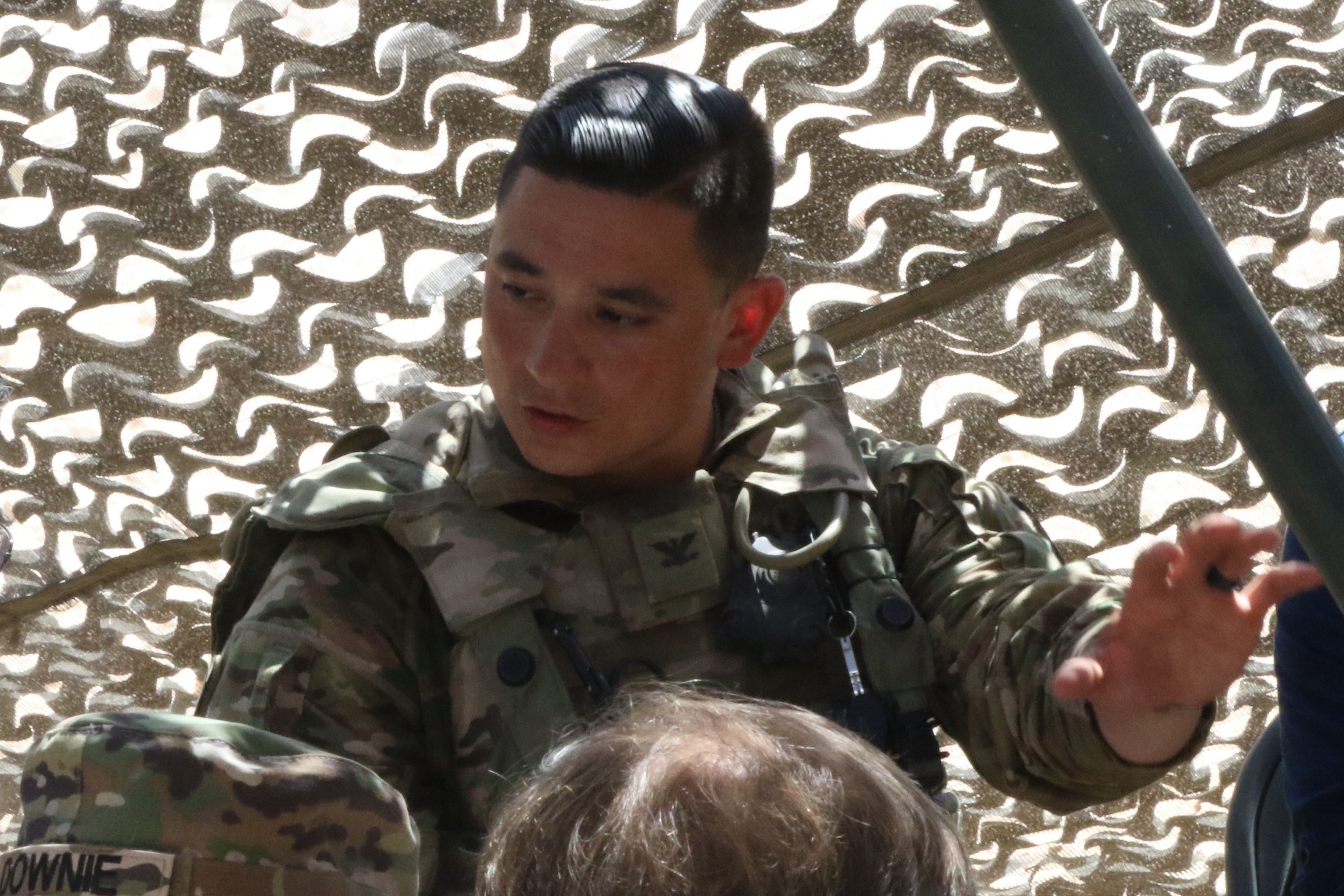Supreme Court considers legality of court-martialling retirees
The United States Supreme Court is poised to delve into a critical constitutional issue as it prepares to weigh the legality of court-martialling retired military personnel. The decision to review this matter has garnered significant attention and has raising questions about the rights and legal standing of retirees within the military justice system.

At the centre of the impending Supreme Court case is the plea of Retired Staff Sargent. Steven M. Larrabee, who has challenged the constitutionality of his court-martial under military law.
Supreme Court may weigh constitutionality of court-martialing retirees https://t.co/VTjTUyAp0z
— The Center for Military Law & Justice (@MilVetLawPolicy) May 20, 2023
Larrabee pleaded guilty to sexual assault of a civilian bartender in Iwakuni, Japan, and indecent recording charges, which occurred after his retirement as a member of the Fleet Marine Corps Reserve. Despite his guilty plea, Larrabee contends that he should have been tried under civilian law, not subjected to military justice.
Larrabee’s cert petitions, filed with the Supreme Court in 2018 and again in May, followed earlier rejections by appeals courts. While the Supreme Court initially declined to hear his case in early 2019, a significant turning point occurred when Federal Judge Richard J. Leon in Washington, D.C. ruled in 2020 that the military prosecution faced by Larrabee was unconstitutional.
The case raises crucial legal questions about the jurisdiction and applicability of military law to retired service members.
Opponents of court-martialling retirees argue that subjecting them to military justice infringes upon their constitutional rights to due process and equal protection under the law. They maintain that retired personnel, upon transitioning to civilian status, should be tried in civilian courts like any other citizen.






